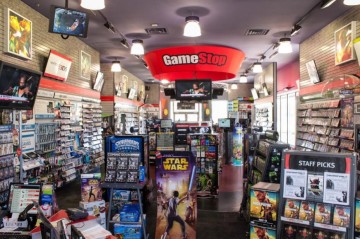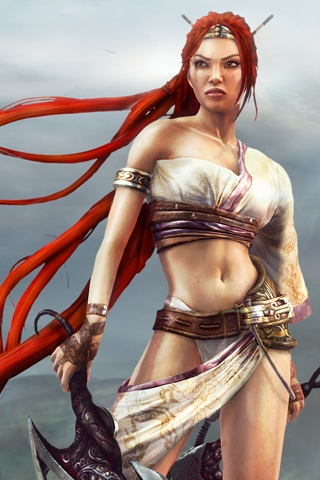 TIGA, the network for games developers and digital publishers and the trade association representing the video games industry, today published its Brexit and Beyond: Priorities for the UK Video Games Industry report.
TIGA, the network for games developers and digital publishers and the trade association representing the video games industry, today published its Brexit and Beyond: Priorities for the UK Video Games Industry report.
TIGA’s report sets out a policy agenda for Government, Parliament and policy makers to consider as the UK negotiates its departure from the European Union.
Dr Richard Wilson, TIGA CEO, said that TIGA’s Brexit and Beyond: Priorities for the UK Video Games Industry, sets out a cogent, coherent and constructive agenda for ensuring the UK games sector is a leading player in an industry that is predicted to be worth approximately $100 billion by 2018.
“If the UK creates a favourable tax environment with an enhanced Games Tax Relief, improves access to finance and enables studios to access talent, then the UK video games industry will both survive and thrive in a post-Brexit world.”
The UK video games industry already contributes £1.2 billion to UK GDP. This contribution will increase with the right policy environment in place.
TIGA’s Brexit: Priorities for the UK Video Games Industry, said that if the government wants to keep things working it needs to create a favourable tax environment to encourage businesses to invest in the UK.
The Government should consider increasing the rate of Video Games Tax Relief from 25 to 27.5 or 30 percent and introduce a Video Games Investment Fund to provide pound for pound match funding up to a maximum of £200,000 to enable more studios to grow.
It would also be a good idea to maintain the UK Games Fund so that start-ups can access funding for prototypes.
The report called on the government to increase the amount of money that a company can raise via SEIS investment from £150,000 to £200,000 and ensure that EU workers already working in the UK are protected so that they can continue to work in the UK with the confidence that they are not going to be asked to leave the UK in the future.
The government needs to and clarify the status of EU workers who enter the UK following the EU referendum and prior to the UK’s exit from the EU. T
Meanwhile the government needs to negotiate a trade deal with the EU that avoids quotas, tariffs and other barriers to trade to maintain free trade in video games, negotiate trade deals with growing economies, examine the potential for incentivising more businesses to export through the tax system.
The UK Government should consider introducing arrangements for the conversion or extension of a EU trademark or registered community design to cover the UK.
It also needs to adopt and adhere to the General Data Protection Regulation (GDPR) to ensure that companies based in the UK and doing business in the EU can continue to smoothly transfer information and data.









